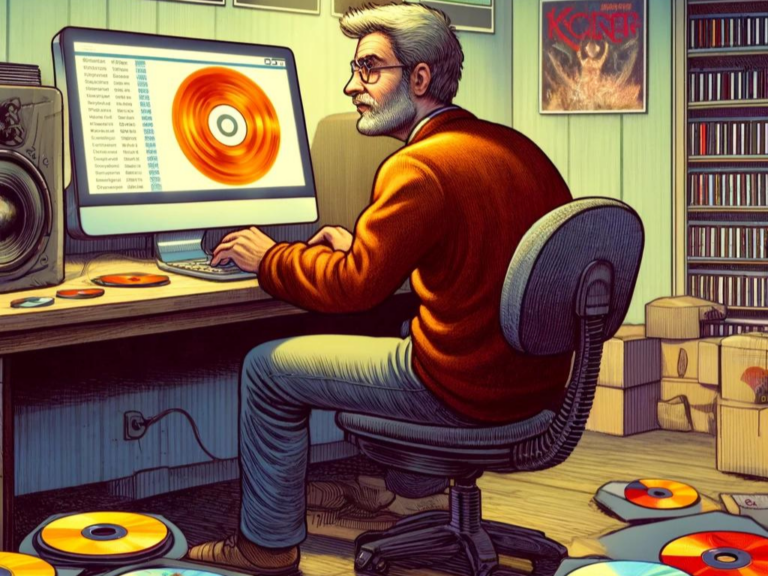Call us now:
Below are examples of copyright infringement acts in Vietnam and around the world.

Copyright infringement by phimmoi.net
The website phimmoi.net sparked significant controversy due to serious copyright violations, illegally releasing numerous films without the permission of producers and distributors. Phimmoi.net’s actions not only caused financial losses to production companies but also negatively impacted the entire film industry in Vietnam. After several years of illegal operations, the website was eventually shut down by authorities in 2021.
The closure of phimmoi.net highlights the growing awareness of copyright issues in Vietnam. However, it also points to ongoing challenges in effectively enforcing copyright protection measures in the digital space.
Copyright infringement by AI
In late 2023, The New York Times filed a lawsuit against OpenAI and Microsoft, accusing the companies of copyright infringement by using its articles and other content to train large language models (LLMs) without permission. This lawsuit is significant for both the AI industry and intellectual property rights.
The New York Times claims that OpenAI used millions of its articles to train AI models like ChatGPT. According to the lawsuit, these AI models can generate text that closely mimics or directly copies the writing style of The New York Times, undermining the newspaper’s relationship with its readers and causing financial damage through lost advertising and subscription revenue.
The case also raises the question of whether using content to train AI can be considered “fair use” under U.S. copyright law. The New York Times argues that the use of its articles does not constitute fair use because it does not create new value, but instead directly competes with the original product.
In addition to copyright infringement, The New York Times accuses Microsoft of complicity in the matter, as it provided infrastructure and technology support to OpenAI. The lawsuit also emphasizes that both companies removed copyright management information, violating the provisions of the Digital Millennium Copyright Act (DMCA).
This is one of the first major lawsuits concerning the use of third-party data for AI training, and the outcome could shape the future of the global AI industry. Both sides present strong arguments regarding the legality of using others’ data to develop new technologies.
The lawsuit has attracted significant attention from legal experts and technology companies, as it not only involves intellectual property rights but also touches on how advanced technologies like AI will be developed and regulated in the future.
The case between Sconnect Vietnam and Entertainment One UK Limited (eOne)
The copyright dispute between Sconnect Vietnam and Entertainment One UK Limited (eOne) revolves around the animated characters Wolfoo and Peppa Pig and has become a major legal battle since late 2021. Sconnect Vietnam, the creator of Wolfoo, was accused by eOne of producing a derivative product based on Peppa Pig, a globally popular character owned by eOne.
eOne consistently filed copyright strikes against Wolfoo videos on YouTube, claiming these videos infringed on Peppa Pig’s copyright. This led to serious disruption and financial harm to Sconnect’s business. Although no official court ruling had been made at the time, eOne leveraged these allegations to request YouTube to remove Wolfoo videos.
Sconnect firmly denied eOne’s accusations, asserting that Wolfoo is an independently created work and not a derivative or copy of Peppa Pig. The company pursued legal actions in several countries to defend its rights. In June 2022, after a thorough review, the Moscow Court in Russia ruled that Wolfoo is not a derivative of Peppa Pig, instructing eOne to cease complaints on the matter in Russia.
Additionally, Sconnect accused eOne of violating international law and Vietnam’s Cybersecurity Law by using Wolfoo-related keywords in Peppa Pig videos to attract viewers, as well as falsely claiming ownership of Wolfoo videos. These actions by eOne caused significant damage to Sconnect, both economically and reputationally.
As a result, Sconnect filed a lawsuit against eOne at the Hanoi People’s Court, demanding that eOne stop infringing on Wolfoo’s trademark and publicly apologize to Sconnect. Sconnect also called on authorities in Vietnam and internationally to intervene and protect its legal rights.
Contact Us Now:
DCNH LAW
Address: 38B Tran Nhat Duat, Phuoc Hoa ward, Nha Trang city, Khanh Hoa province, Vietnam.
Phone: (+84) 343320223 – 974278893
Email: dcnh.law@gmail.com




